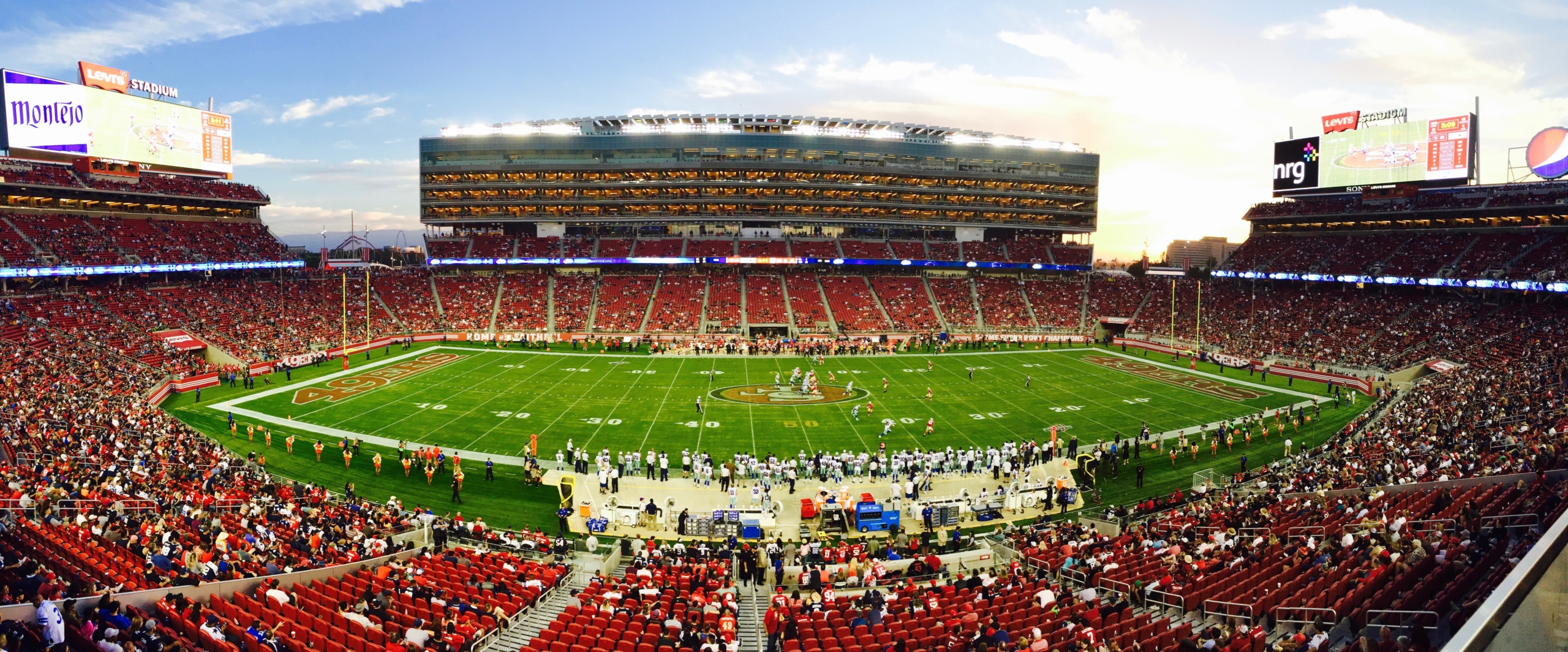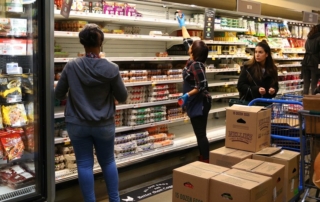Take Me Out To The Ball Game
Attorneys Matthew D. Berkowitz and Brian O’Shea discuss the many class action lawsuits that have the potential to arise out of professional sports during COVID-19. Both the NFL and MLB are planning to reopen soon in certain states and with that comes many legal concerns they need to consider. Many class actions will come out of this with exposure to the players and stadium workers as well as employment issues. Matt and Brian discuss the defenses that these teams can take as they head into their seasons.












